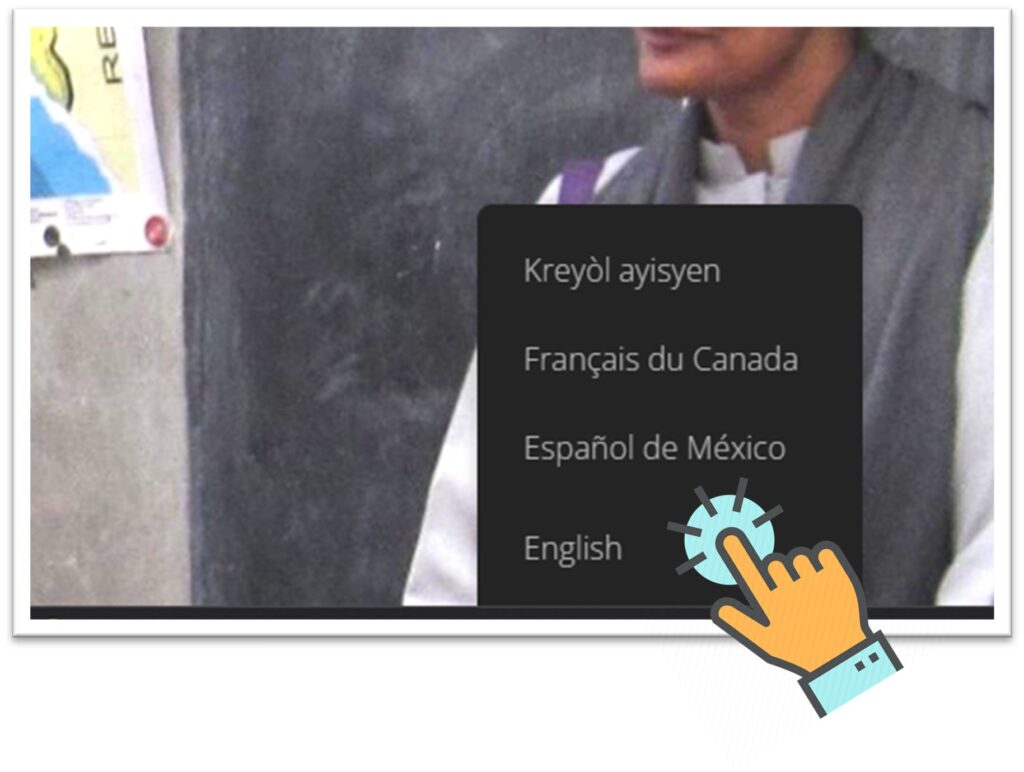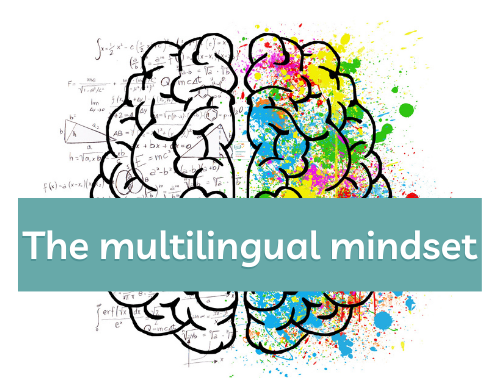Less than 25 years after the Congregation of the Religious of Jesus and Mary was founded in France by St. Claudine Thévenet and her companions in mission, the RJM became an international congregation as the first sisters arrived in India in 1842. Today, the RJM are present ministering in 29 countries around the world!
The history of the USA-Haiti Province began when RJM sisters from Quebec came to Fall River, Massachusetts, to minister to the children of French-speaking immigrants. The history of the USA-Haiti Province also includes RJM in the southwest United States who came from Mexico to minister to Spanish-speaking Catholics in California and Texas. With roots across borders and languages in New England and the Southwest, the RJM expanded and opened schools in places like New York City and Maryland where students came from families of many different backgrounds and cultures. Young women who joined the RJM in the United States added cultural and linguistic diversity to our province. Meanwhile, our congregation has grown globally and the diversity and multilingual reality of the RJM around the world means that our future, together, requires us to embrace the many languages and cultures that we come from and serve in.
In 1997, when RJM from this province first arrived in Haiti, the linguistic and cultural diversity expanded once again. Since that time, not only have sisters and companions in mission had to adapt with and integrate Haitian language and culture, but young women from Haiti have been called to enter the congregation. Today, the USA-Haiti Province is truly multilingual with sisters and companions in mission using English, Spanish, Haitian Creole, and French as their primary languages.
As the USA-Haiti Province moves forward we seek to be intentionally intercultural in ways that fully respect the backgrounds from which our sisters and companions in mission come and the communities and people with whom we minister.
Language for Connection
With the recognition that the USA-Haiti Province is multi-lingual, we are embarking on an effort to ensure that our communication practices reflect that reality as best we can. This means, first and foremost, intentionally making efforts to ensure that we are providing means for speakers/readers of the province’s core languages to have access to information that it is intended for anyone in the areas where we serve.
STEP 1 = 21st century technology … hopefully you have seen that recently a new gray box has begun to appear in the bottom right side of our webpages. If you are reading this page in the original English that we wrote it in, then your gray box probably says English, but if you hover your mouse over that gray box you will see that there are now actually four language options. In addition to English, you can choose Español de México, Français du Canada, and Kreyòl ayisyen.

As a viewer of our provincial website, you now can select your preferred language and behind the scenes, the program we use to manage our website, WordPress, will use Google Translate to provide you with a machine-generated version of our webpages in the language you selected. The translated version of our website will include both the menus as well as the content that we have published. * The one major exception at this moment is that PDF documents that are available on our website are currently only available in their original language, which is usually English.

STEP 2 = Refining and improving … to be truly intercultural, it is not enough just to offer an easy way for Google Translate to make our content available using AI. Going forward, we need to begin our communications with the intention of making them accessible in multiple languages from the start. We need to keep our sisters, companions, and friends in mind as we develop and implement an overall communication strategy that is respectful, welcoming, and inclusive, but that also recognizes that we do not have the resources or staff to have professional translators on call for every moment of communication.
This means that being multilingual and intercultural are factors that all of us need to embrace as we communicate with each other. We all have a part to play in communicating across the barriers of language and meeting each other as best we can with the tools we have available at any given time. Accepting and enhancing our reality as a multilingual province and congregation in an increasing multilingual world means we are all going to have to develop attitudes and skills in addition to making translation tools available.
As we move forward, here are some initial strategies that the provincial leadership is taking to embrace a multilingual mindset:
- A group of experts and practitioners who understand the RJM mission and who are knowledgeable in multilingual and intercultural communities is being assembled from people within and outside our province to help guide us in solidifying our communication strategies. We do not want to waste time with practices or tools that will consume time or money and not help us reach our goals.
- We are working to put together a list of sisters, companions, and friends of the RJM who have writing and speaking skills in French, Spanish, and Haitian Creole. We intend to ask these people to assist us in making sure that translations done with the assistance of technology like Google Translate and Microsoft Office are providing us with content that actually communicates what we intend without cultural faux pas or language choices that are out of context for our ministries.
- In addition to the automated translation tools that we are embedding within this website, we are also working to implement tools through Microsoft and Adobe that allow for translation assistance in our emails, our Word documents, and our PDFs. And, we are working to build relationships with those who read, write, and speak languages other than English to be available to assist us in composing and checking content to make sure that we are actually communicating and not just relying on automated technology.
- We plan to increase the amount of content that we generate in multiple languages from the start. Over time, our efforts to be multilingual will improve and build up. So, we must ask for patience as all of us embrace a multilingual mindset and learn to use the tools available and to respect each others’ needs and preferences on the two-way street of communication.
- We will need your help! As we implement software and other tools, we will need you to learn how to use these tools so that we are all trying to use the multilingual mindset when we participate in both the giving and receiving of communications. This will include building up a culture within our province and its ministries where we all consider our own strengths and weaknesses being in a multilingual organization and world and we all have skills and strategies to be able to respectfully engage with other people in settings where more than one language is used, even if our only skills is be able to comfortably tell others that we are struggling because of the language(s) in use.
While this is about making our English communications more accessible in other languages, this is also about other language relationships … we also need to ensure that we can help Spanish-speakers be comfortable in Haitian Creole settings or English-speakers be able to function in a French-speaking environment and be able to manage having more than two languages at play in conversations!
If you have thoughts, questions, concerns, or ideas about being more multilingual and intercultural in the USA-Haiti Province, we invite you to reach out to the provincial leadership, in whatever language is comfortable for you, and in turn we will do our best to respond and enter into conversation with you.
In the meantime, as we grow in our multilingual mindset, please be sure to let us know where and when we make mistakes or could do better. For instance, if you find content on this website that is wrong or confusing, please contact Toby Harkleroad, our Director of Mission Advancement, to let him know.
